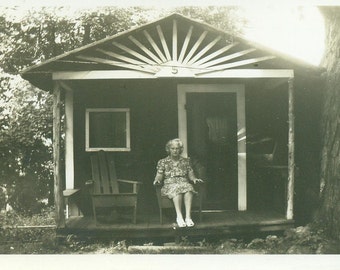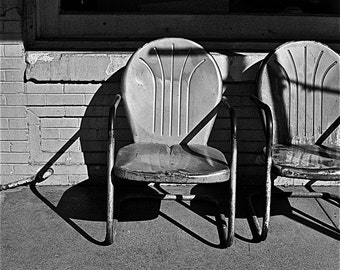I
used to “play for church.” In all the
eleven years of piano lessons and the laborious practicing which finally drove
my parents to hire a man to come help Daddy move that huge old black Baldwin
upright out of the living room and into my room with bed, dresser,
chest-of-drawers, nightstand and desk, I managed only a passable rendition of a
“recital piece” each Spring and Fall, plus about four, including STARDUST, for
my Senior Recital. And I could play the
foot-patting old hymns, Broadman and Cokesbury from front to back. There’s just something about that rhythm I
could master, and so I was drafted, for many, many years.
We
had a wonderful little choir, and we made good music. But the Voice I Remember was not of our
church, but a visitor who would come to services when she and her husband were
back home to visit his parents. She’d
married the youngest Chisholm boy, and they lived down about Hattiesburg
Sometimes
they’d get seated after I’d already sat and started the prelude, or maybe
they’d come in while we were all still in the back getting ready. Somehow I hardly ever knew Belinda was in the
house, until that first hearty G chord of The
Doxology, the great shuffle-to-their-feet of a hundred or so good people, and
something magical would happen as they all sang the first “PRAISE GOD FROM WHOM . . .” This
divine golden sound would float above them from way in the back, singing the
words a bit louder and more firmly than they, with the clear perfection of a priceless
gift.
Glory
Hallelujah, that girl could SING. It was
not operatic, in those great bursts of sound which seem barely reined in by the
singer, with all the living power alive in the intricate runs and harmonics.
And
it was way before all but maybe six female singers became so enamoured of that
method called melisma---doesn’t that sound like some sort of disease, to be treated
with sunbaths and raw egg cocktails and essential oils from the Age of
Aquarius? Indeed it IS a malaise of
singers whose only volume is shout and who chew the mike and make agonized faces and run up and down
twelve notes per syllable, dragging many a song around by its hair til it
expires of embarrassment, disappearing from good society forever.
I
cannot tell you how GOOD that voice was.
It was the purest, clearest sound I could imagine--- hitting every note
like holding your hands in the air, then scribing a sphere to cup a cool,
perfect rose. Not a waver, not a tremor,
as the notes sailed up pure and true, resounding through the tunnel of white
rafters and seeming to echo gently from what would have been the back wall of
the apse had we not been such “plain church,” with the baptistry carved in, and
even its great drape of demure velvet failing to mute the purity.
I want to tell it,
and I don’t know how. There was no
strain in it, no reaching for notes beyond its range, nothing but pure and clear and since I was not looking in that direction, I could have
sworn it had a colour to it---a vibrant, iridescent sort of liquescence, formed
in the air and pouring over us. You know
how a June breeze feels, so sunny and warm and cool at the same time, blowing
past your skin like water? That’s what
it felt like, that voice curled around our beings.
I
could almost hear the necks craning and the whispers amongst the pleasantly
amazed congregation, as we sang on. She
took us higher and farther in song than I think any of us had ever been or have
again. I was once privileged to be
invited to Miss Marguerite Piazza’s house, where we stood gazing up the staircase at her as she led us
in Christmas carols. And this was equal
to that, or better, for there were more of us, crowded into the companionable
familiar place of our worship, and we knew all the words, singing our hearts
out in the old hymns of our raising.
That remarkable voice took us off somewhere on another plane, to
our best music and our best selves, I think. And it was another one of those occasions
in life when there would be an intensity in the air, a hum that was not of
voices, but was akin to standing beneath the engines of an airplane---a power
not of ourselves, not harnessable, like the swinging, surging notes of that old
piano to I'll Fly Away---gripping
and carrying, so that all you could do was jump in and hang on til the tide
rolled in and deposited you, breathless, on the damp sand.
I think of her often, especially now on Spring Sundays, and hope
that she’s somewhere still sharing that enormous, magical gift. What a marvel, and what a memory.

 vintage photo etsy
vintage photo etsy


.JPG)




